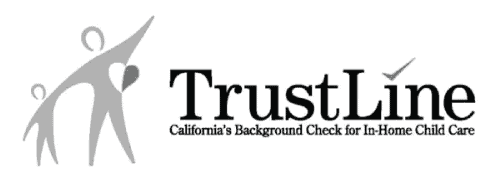For new parents that have recently welcomed a new baby born at the hospital, you will learn about newborn screening. Newborn screening tests are a public health service provided in in each state across the U.S. Newborns are tested for health disorders that aren’t otherwise found at birth. With just a few drops of the baby’s blood that is collected by pricking the baby’s heel, doctors can run a blood test that checks for rare genetic, hormone-related, and metabolic conditions or disorders that can cause serious health problems.
Completed before the baby leaves the hospital, these tests can help doctors diagnose babies quickly and start treatment as soon as possible. Results usually come back within seven days. If you plan to have the baby at home or in a birthing center, your pediatrician can help you schedule these tests.
What screenings are offered?
Screening varies from state to state, and can change depending on technology advances or as treatments improve. There are national recommendations on which tests to screen for, but it’s up to each state to choose which tests to include. Some of these tests have been conducted for many years. For example, testing for phenylketonuria (PKU) has become a standard of care for more than four decades. Also, most states will screen for hearing loss and critical congenital heart disease, which are not done via blood tests.
Newborn screening tests look for:
Metabolic issues, such as:
Hormone issues, such as:
Hemoglobin issues, such as:
- Sickle Cell Disease or Sickle Cell Trait
- Hemoglobin SC Disease
- Beta Thalassemia
Other problems:
Does it hurt?
Parents want to protect their new baby from pain or harm. Thankfully, the heel prick used to collect the blood sample is just briefly uncomfortable and heals without a scar. Parents are allowed to hold and comfort the baby during the process, so they are less likely to cry.
What happens if the screening discovers a health problem?
Most babies are born strong and healthy, with no major concerns. However, if your baby’s results do show something outside of the normal range, it doesn’t mean you need to panic. Sometimes this just means you’ll need to do a second and more accurate diagnostic test specifically related to the potential concern or condition. If that test suggests that there is a health condition present, your child’s doctor will explain the results and what steps are needed to go forward. It is your role to ask questions and advocate for the best care and treatment for your baby so you can protect their health as best as possible.
Who pays for the screening?
Newborn screening tests are covered by fees collected for the newborn screening laboratory testing services. The Department of Health will bill the facility that conducts the initial screen, and then the facility will bill the fee to the patient’s insurance. It is a one-time fee.
Can parents or guardians refuse screening?
Newborn screening is required in all 50 states and the American Academy of Pediatrics strongly advises parents to utilize newborn screening for their baby. However, parents or guardians can legally refuse the screening if it conflicts with religious beliefs. You can’t opt out for reasons that are related to privacy concerns or not wanting to poke the child. Health care providers will explain what it means to refuse the screening and what that could mean as far as potential health risks. If parents refuse the screening, it will need to be legally documented.
Your new baby is a precious gift to the world and ensuring you have the information you need for them to live healthy, happy, and active lives is important. For new parents, newborn screenings can give you some of the most important details that you’ll need to help safeguard your baby’s health – both now and as they grow up.



